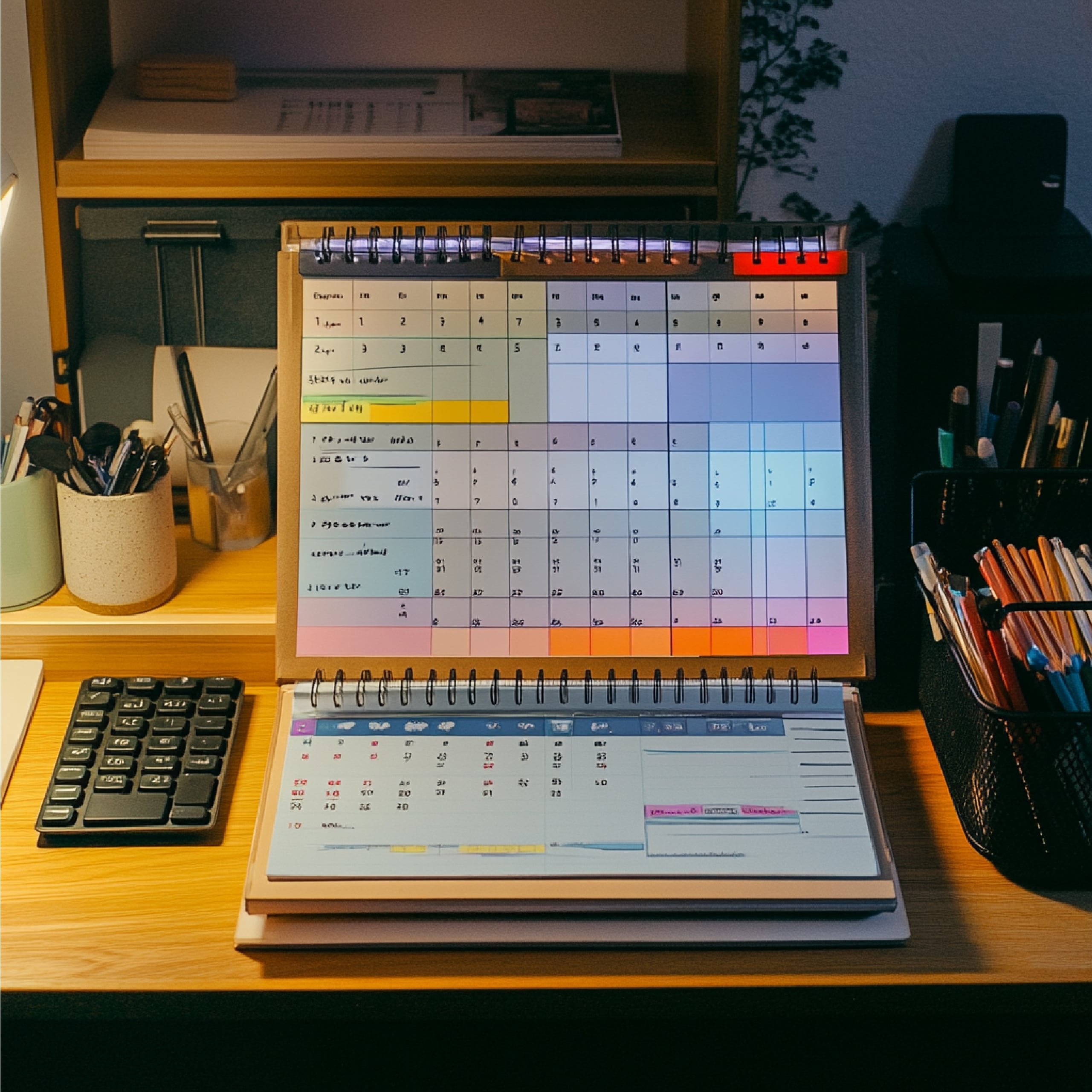Handling Common Challenges in Exhibition Planning
Planning an exhibition can be a complex task, with various challenges that can arise at different stages. Overcoming these challenges is crucial for the success of the event and ensuring a positive experience for both exhibitors and attendees. Here are three common challenges in exhibition planning and strategies to handle them effectively.
Logistics and Coordination
Logistics and coordination are among the most significant challenges in exhibition planning. From arranging the venue to ensuring the timely arrival of materials and setting up booths, the logistics involved can be daunting. Choosing the right venue is critical. Consider factors such as location, accessibility, and facilities available. The layout should be planned to maximize space efficiency and ensure smooth traffic flow for attendees. A well-thought-out floor plan can enhance the overall experience for exhibitors and visitors alike.
Coordinating the transportation of materials and exhibits to the venue requires meticulous planning. Partner with reliable logistics providers who have experience in handling exhibition materials. Ensure that all items are properly labeled and tracked to avoid any misplacement or delays. On the event day, effective on-site coordination is crucial. Assign a dedicated team to manage various aspects, such as registration, booth setup, and attendee assistance. Having a clear communication plan in place can help address any issues promptly and ensure the event runs smoothly.
Budget Management
Managing the budget is another major challenge in exhibition planning. Keeping costs under control while delivering a high-quality event requires careful financial planning and monitoring. Start with a detailed budget that outlines all potential expenses, including venue costs, marketing, staffing, and logistics. Factor in a contingency fund to handle unexpected costs. Regularly review the budget to ensure that you are staying on track.
Look for cost-effective solutions without compromising on quality. For instance, consider using modular booth designs that can be reused for multiple events. Negotiate with suppliers for better rates and explore sponsorship opportunities to offset some of the costs. Use financial tracking tools to monitor expenses in real-time. This allows you to make informed decisions and adjust the budget as needed. Keeping a close eye on the finances can help prevent overspending and ensure the event remains within budget.
Marketing and Attendee Engagement
Attracting attendees and keeping them engaged is vital for the success of an exhibition. Effective marketing strategies and engagement techniques are essential to overcome this challenge. Develop a comprehensive marketing plan that includes digital marketing, social media, email campaigns, and traditional advertising. Use trending keywords related to exhibition companies to improve search engine visibility and attract more attendees.
Create engaging content that highlights the key features and benefits of the exhibition. Use high-quality visuals, videos, and testimonials to capture the interest of potential attendees. Regularly update your website and social media channels with the latest information and exciting updates about the event. Plan interactive experiences and activities to keep attendees engaged during the event. Live demonstrations, workshops, and networking sessions can enhance the attendee experience and encourage them to spend more time at the exhibition. Collect feedback from attendees to understand their preferences and improve future events.
Handling common challenges in exhibition planning requires a strategic approach and meticulous execution. By focusing on logistics and coordination, budget management, and marketing and attendee engagement, exhibition companies can overcome these challenges and deliver successful events. Implementing these strategies will help ensure that your exhibitions are well-organized, cost-effective, and engaging for all participants.














Post Comment